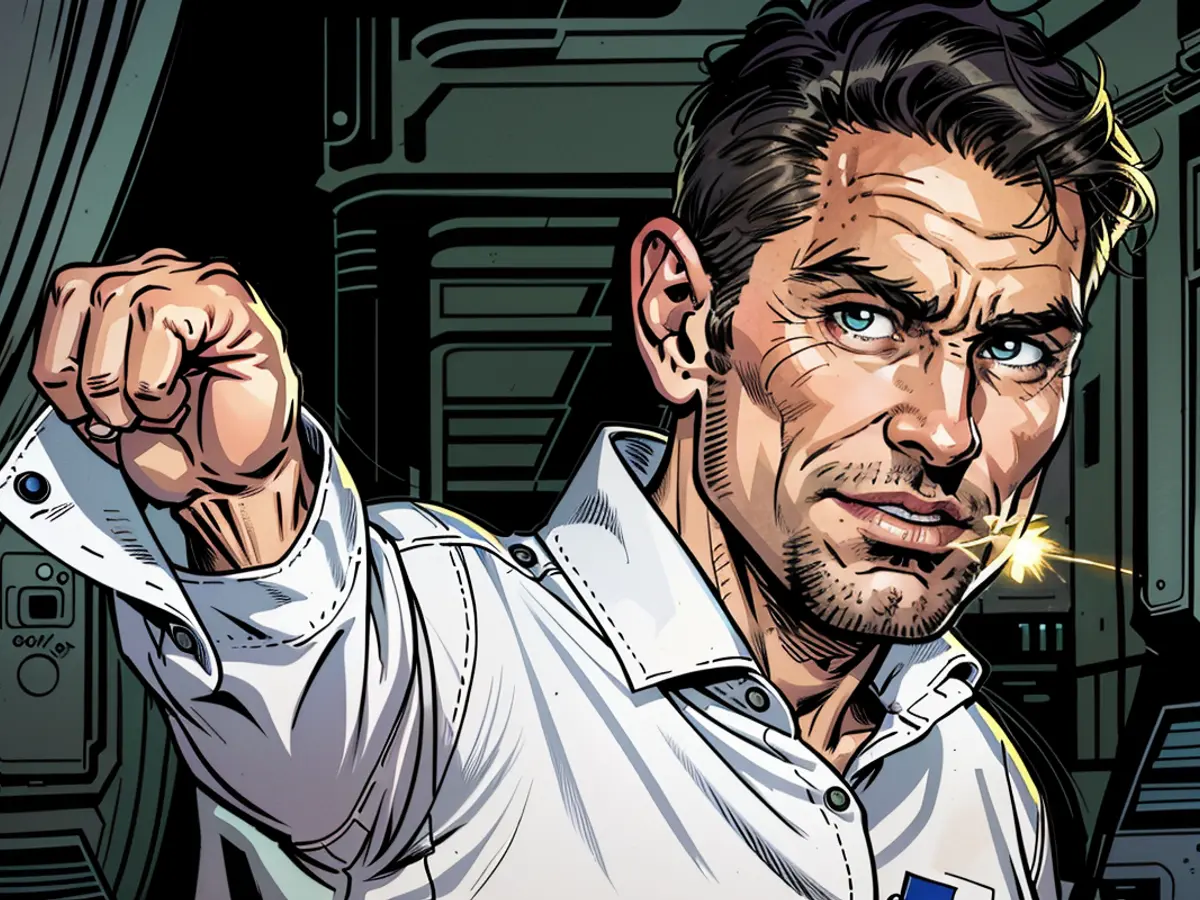Thuringia: Höcke might face concerns for securing a direct electoral seat
At the Thuringia election, the direct entry of AfD faction leader Björn Höcke into the state parliament is under significant threat. With 68 out of 74 constituencies counted, the CDU candidate Christian Tischner is leading the pack. He has garnered 42.3% of the votes, while Höcke is close behind with 40.4%. If Tischner manages to secure a majority of votes in the Greiz II constituency, Höcke will not be able to secure a direct mandate. He would then rely on a seat in parliament via the state list, which he leads. However, if numerous AfD candidates perform well as direct candidates, no one will make it into parliament via the state list.
19:50 Höcke on AfD success: "The firewall policy has failed"The AfD is making significant inroads into the Thuringia state parliament, becoming the dominant force. "The firewall policy has failed," said the top candidate Björn Höcke. In an interview with ntv, he described the election result as a "historic achievement" and discussed the impending coalition formation.
19:42 Ramelow: Left party is "cannibalized"Thuringia's incumbent Minister-President Bodo Ramelow attributes the "cannibalization" of his Left party to two main reasons: "On the one hand, the CDU has consistently equated the AfD and the Left, constantly used 'exclusion rhetoric' towards us despite the fact that we have collaborated on shaping the country for five years," said Ramelow in an ntv interview. As another factor for the decline of the Left, Ramelow pointed to the BSW, which had promised to bring the AfD 17% of the votes but in reality, "they have delivered our votes instead." Ramelow could still celebrate the high voter turnout.
19:26 Nouripour on AfD success: "My thoughts are with those who are afraid"The AfD is winning over 30% in the state elections in Saxony and Thuringia, leaving the traffic light parties far behind. Green party leader Omid Nouripour sees the AfD's election result as a "turning point" and a call to defend democracy together.
19:13 Projection for Saxony: The CDU's victory is narrowingThe latest projection by ZDF in Saxony shows the AfD closing the gap with the CDU: The Christian Democrats are only ahead with 31.7%, barely ahead of the AfD at 31.4% of the votes cast. The BSW comes in at 11.4%, the SPD at 7.8%, and the Greens would be more secure in the state parliament with 5.5%. The Left would miss the 5% threshold with 4.3%.
19:08 Wagenknecht wants to form a coalition with CDU and potentially SPD in ThuringiaBSW leader Sahra Wagenknecht is aiming for a coalition with the CDU and potentially also the SPD in Thuringia. "We very much hope that we will be able to form a good government together with the CDU at the end - probably also with the SPD," said Wagenknecht in ARD. After five years of minority government, people were hoping for a stable majority government that would tackle concrete problems such as the "massive teaching shortages" in Thuringia. At the same time, people were looking for a state government that would make its voice heard in national politics - a government, according to Wagenknecht, that would "stand up for peace, for diplomacy" and against the stationing of US missiles in Germany. Wagenknecht ruled out coalitions with the AfD for Thuringia.

19:02 Projection for Thuringia: The AfD's success is continuing to growA ZDF projection for the election result in Thuringia predicts the AfD to be even more successful than initial forecasts. According to this, the far-right party is set to receive 33.1% of the votes in the state. The CDU is at 24.3%, Sahra Wagenknecht's alliance manages 15% from scratch. The Left, which currently has Bodo Ramelow as the popular Minister-President, loses nearly 8 percentage points and is at 11.7%. The SPD gets 6.6%, and the Greens 4% of the votes.
18:56 Göring-Eckardt: The AfD's success is a democratic 'jolt' in GermanyPoliticians of the Green party are more unsettled by the AfD's success in Thuringia than by their own electoral defeat. Katrin Göring-Eckardt, the Green party's co-chair, sees the far-right party's success as a 'jolt' for Germany. Party leader Omid Nouripour feels the pain of his party's defeat is 'secondary' compared to the fact that the AfD has become the strongest force in a state parliament.
18:48 Kretschmer on Saxony: "We have every reason to celebrate"The incumbent Saxon Minister-President Michael Kretschmer sees the CDU as the backbone of the government coalition. "We have every reason to celebrate," said Kretschmer at his party's election party. "Behind us are five tough years," he said, adding that people in Saxony have entrusted the CDU and not made a protest vote. "We know how disappointed people are with what's happening in Berlin."
18:39 Saxony Vote Results: CDU's Lead over AfD DiminishesInitial ZDF projections indicate a tightening race between the CDU and AfD in the Saxony state election. The CDU now maintains a slim lead, scoring 31.9% of the votes, compared to AfD's 31.3%. The BSW and SPD trail behind with 11.6% and 7.8% respectively. The Greens and the Left party are vying for entry into the state parliament, with 5.2% and 4.5% of the votes respectively.
18:33 AfD Leader Weidel Pushes for Government InvolvementAfD's federal party chairwoman, Alice Weidel, advocates for her party's involvement in the government formation in both Thuringia and Saxony. Using the "norms" of the country, she stresses that, as the strongest party, the AfD should initiate talks. According to Weidel, voters in both states support the AfD's participation, and a stable government cannot be established without them.

18:30 SPD Secretary-General Acknowledges Thuringia and Saxony ResultsSPD's secretary-general, Kevin Kühnert, acknowledged his party's disappointing performance in the Thuringia and Saxony elections. He asserted that this wasn't a night to celebrate for the SPD, and while they've faced challenges for years, they've managed to keep a presence in the state parliaments. He emphasized their commitment towards change and acknowledged the need for more dialogue and understanding with the voters.
18:23 Höcke Declares Thuringia Result a "Historic Victory" for AfDAfD's parliamentary group leader, Björn Höcke, celebrated the Thuringia results as a "historic victory." He suggested that the ridiculous separation strategy should end, and change can only be achieved with the AfD's influence.
18:21 Chrupalla Rapidly Changes AfD's Position in ThuringiaAfD's party leader, Tino Chrupalla, hailed his party's Thuringia results as a major political shift, signaling openness to collaborations with all parties. He remarked that in Saxony, they're on equal footing with the CDU, and they aim to govern for the betterment of Saxony.
18:17 CDU Secretary-General Rules Out Coalition with AfD in Thuringia or SaxonyCDU's secretary-general, Carsten Linnemann, categorically rejected any coalition with the AfD in Thuringia or Saxony. He asserted that the CDU will negotiate a government from the center of parliament and expressed confidence in their ability to form successful governments. He characterized the CDU as the last strong people's party, and the traffic light parties have suffered as a result.
18:13 Saxony Projection: CDU Leading, AfD Closing In, BSW at 12%The initial projections for the Saxony state election place the CDU as the leading party, with 31.5% of the votes. The AfD is firmly in second place, earning 30% of the votes. The BSW is the third most prominent force, with 12% of the votes, while the SPD just manages to maintain its presence in the state parliament with 8.5% of the votes. The Greens, teetering on the edge, earned 5.5% of the votes.
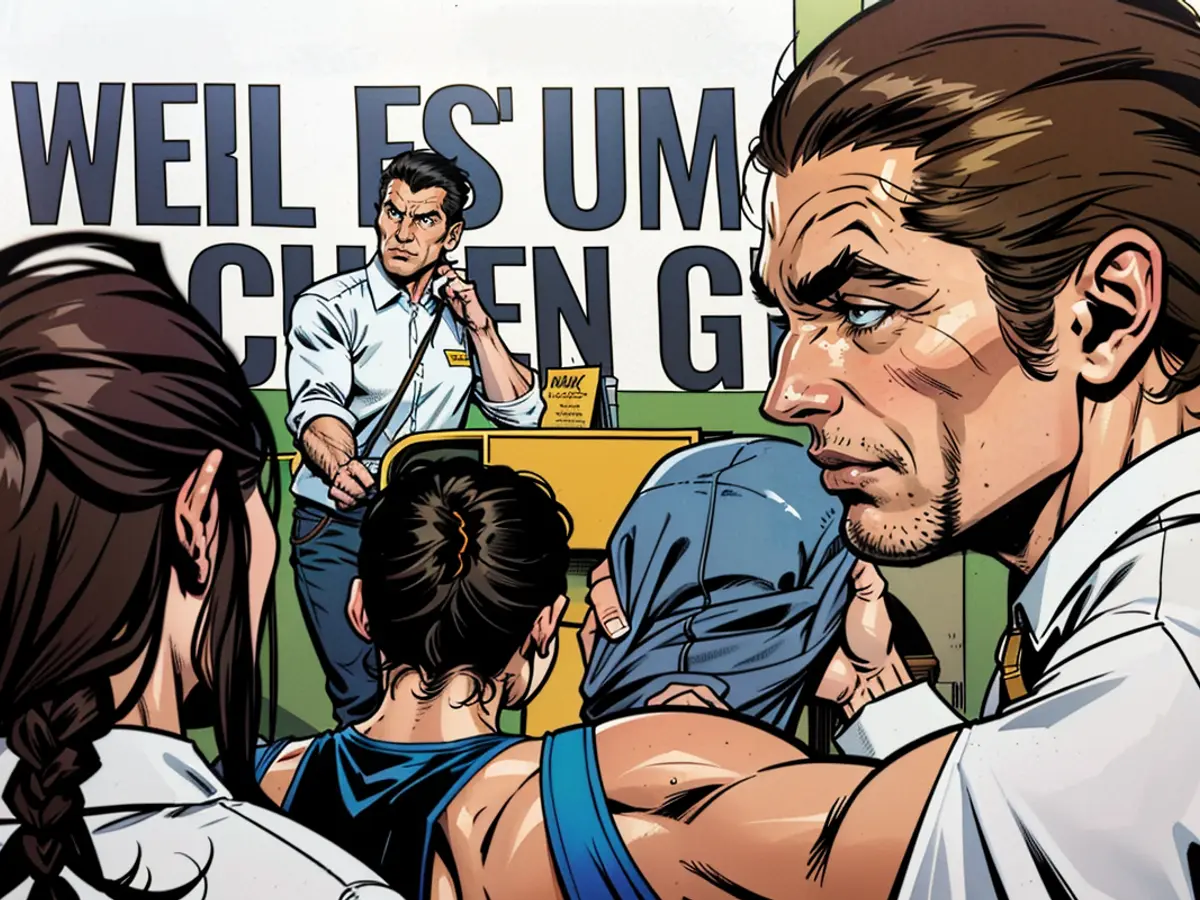
18:10 Thuringia Projection: AfD Ahead of CDU, BSW Secures a SeatThe initial Thuringia state election results project the AfD as the dominant force, with 30.5%, followed by the CDU at 24.5% and the Left at 12.5%. The SPD scrapes through the 5% hurdle, while the BSW earns a seat with 16%. Regrettably, the Greens and FDP fail to earn the necessary 5% to secure a seat in the new parliament.
18:01 Thuringia: AfD Emerges as Strongest Party, BSW Breaks Double-Digit Barrier in SaxonyAccording to the initial Thuringia state election results, the AfD becomes the most prominent party. The SPD clears the 5% hurdle, but the Greens and FDP do not. In contrast, in Saxony, the BSW achieves a double-digit result for the first time. The CDU maintains a narrow lead over the AfD in Saxony. The Left and the FDP are expected to miss out on representation in the state parliament, while the Greens are projected to remain.
17:18 Possibility of Höcke Missing State Parliament Seat The leader of the AfD faction in Thuringia, Björn Höcke, may not secure a seat in the upcoming state parliament. Paradoxically, his successful party comrades could pose a danger to him. Many AfD candidates running in constituencies have strong chances of winning direct mandates. However, Höcke is not so fortunate. He is facing stiff competition from the CDU candidate, Christian Tischner, in his constituency of Greiz II. If Tischner wins, and the AfD gains more direct mandates than they are entitled to based on their second vote result, no one can enter the state parliament via the state list, not even from the top spot, which Höcke holds. In this scenario, the AfD might persuade a successful direct candidate to give up their state parliament seat, thus allowing Höcke to secure his mandate.
16:48 Media Exclusion from AfD Thuringia Event It's highly likely that the Thuringia AfD's election celebration will not be covered by the media. Classified as right-wing extremist by the constitutional protection agency, the party attempted to exclude several media outlets from the event. However, a court prohibited this, leading the state party to ban all press from the event. The party cited organizational problems as the reason: there was not enough space at the event location for all the media representatives who had applied for accreditation.
16:29 Significant Vote by Mail in Saxony In the election dubbed "crucial" for Saxony by its CDU Minister President, Michael Kretschmer, nearly a quarter of eligible voters have already cast their ballots by mail. The state election supervisor expects 24.6 percent of voters to have voted by mail. The voter turnout today was slightly higher than in 2019 in the early afternoon.
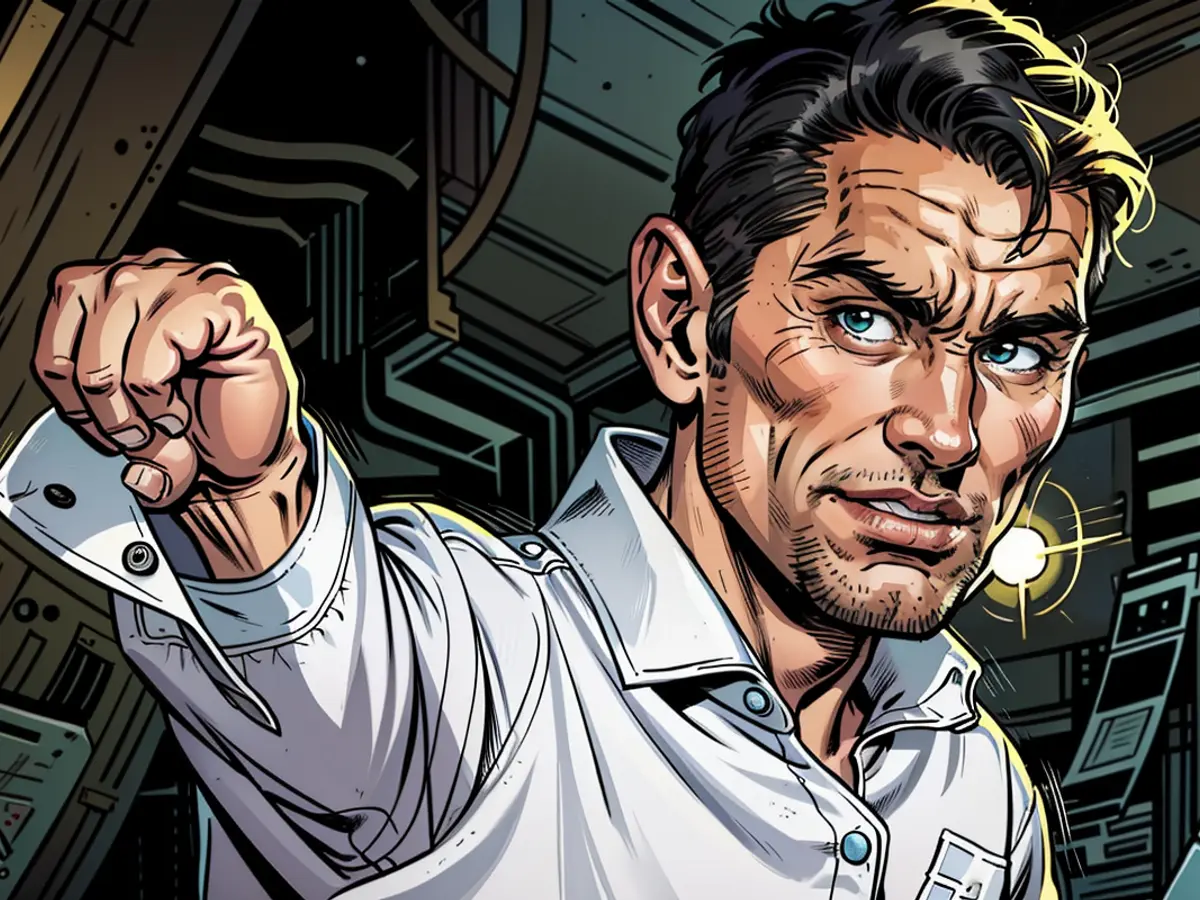
15:52 Höcke Votes in Lada - Ramelow with Wife The AfD's Thuringia state leader and top candidate, Björn Höcke, and Minister President Bodo Ramelow of the Free State, each voted in their respective areas. Höcke voted in Bornhagen in the Eichsfeld district, while Ramelow voted in Erfurt with his wife Germana Alberti vom Hofe. Having led a minority coalition since 2014, this is Ramelow's third term as head of government.
15:40 Higher Voter Turnout than Previous Election In Thuringia, 44.4 percent of voters had cast their ballots by 2:00 PM, marking a significant increase of more than two points compared to the previous election five years ago. This indicates a high turnout. Mail-in voters are not yet included in this figure, as per the state election supervisor. In Saxony, the turnout was also higher than the previous election, albeit slightly. However, the election supervisor expects a significantly higher number of mail-in voters than in 2019. Polling stations in both states will close at 6:00 PM.
15:13 Kretschmer Hopes for Entry of Traffic Light Parties into State Parliament
14:13 Höcke Departs Polling Station Quickly In the Thuringia state election, AfD's top candidate, Björn Höcke, cast his vote around midday. The far-right figure left the Bornhagen polling station swiftly and declined to speak to journalists on-site. Having lost to the CDU candidate in his home constituency of Eichsfeld in prior elections, Höcke switched to the Greiz constituency this time. However, he faces the possibility of defeat against the CDU there as well.
13:50 Similar Voter Turnout in Thuringia as in 2019 In Thuringia, the voter turnout seems to be similar to the previous parliamentary election. According to the state election commissioner, around 32 percent of eligible voters had cast their ballots at polling stations by 12 pm. Mail-in voters are not included in these numbers. In 2019, the voter turnout was 31.2 percent at this time. There appears to be more interest in the state election than in previous European and local elections, held earlier this year. In June, the voting turnout was 24.3 percent at the same time.

13:29 High Voter Turnout Expected in Saxony In the Saxony state election, a high voter turnout is expected. By midday, 25.8 percent of eligible voters had cast their ballots, the Statistical State Office in Kamenz reports. In the previous 2019 state election, the figure was 26.2 percent at this time. Mail-in voters are not yet included in the preliminary numbers. It is expected that 24.6 percent of eligible voters will exercise their right to vote by mail, compared to 16.9 percent in 2019. The state election office reports that the elections have proceeded without disruptions.
13:11 Potential Impact of Election Results on Berlin Coalition The election results in Saxony and Thuringia are still pending. If the SPD fails to enter the state parliament, politician Albrecht von Lucke from ntv states that it would nearly constitute "an earthquake." In an interview, he discusses the election and its potential consequences.
12:44 Police probing polling station threatAfter a hit at a polling station in Gera, cops are investigating a threat. A gentleman donned an AfD shirt entered the polling station to vote in the morning. The polling station manager requested him to sweep off the shirt as it was forbidden party advertising in the polling station. Although he obliged, he threatened to revisit as he was upset with the treatment received upon exiting the polling station. Cops recorded his statement and scolded him. Meanwhile, police in Erfurt are probing political graffiti ("Höcke is a Nazi") near polling stations as potential acts of vandalism.
12:15 Correctiv flags up circulating false talesThe research network Correctiv alerts of a looping false tale making the rounds. It claims that inking the ballot protects against vote-rigging. However, the Federal Returning Officer's office clarified to Correctiv: "The ballot cannot be inked. Inking the ballot by the voter jeopardizes the secrecy of the vote, rendering the entire ballot null and void."
11:51 Voigt wishes for "stable majority ties"Thuringia's leading CDU candidate Mario Voigt has now voted. He expresses hope that "many Thuringians utilize their right to shape the future of our land," he says at his vote in Jena. He also desires "stable majority relations" to propel the country forward.
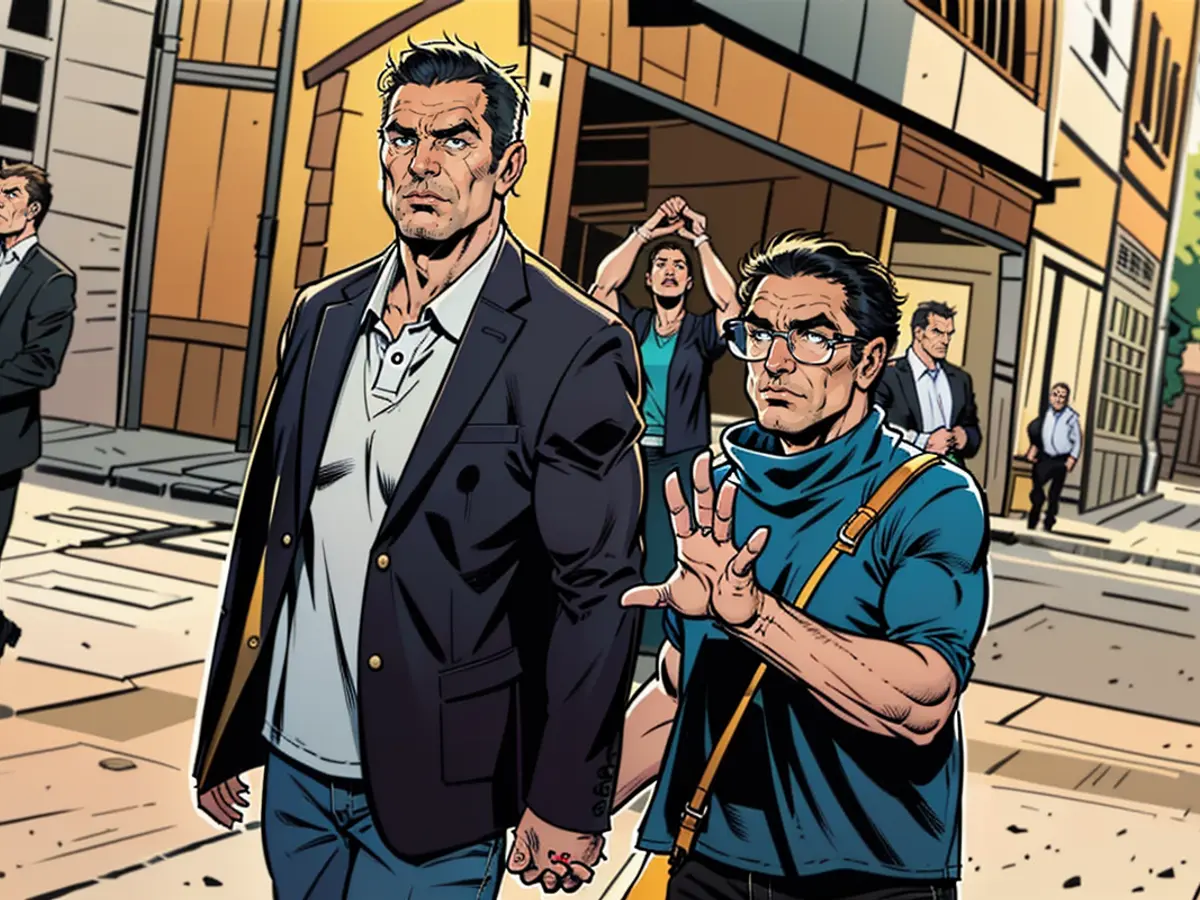
11:25 Sonneberg witnesses surge in right-wing extremist assaultsSonneberg is the first district in Germany led by an AfD political figure. However, activists complain of being subjected to intimidating threats - numerous have resigned from their jobs. The number of right-wing extremist assaults is reportedly up fivefold in a year. Experts link this to the AfD district administrator.
10:57 Kretschmer addresses meeting at polling stationSaxony's State Leader Michael Kretschmer describes the state election as "possibly the most significant election in 34 years." At his vote in Dresden, he expresses gratitude to many who "cast their vote differently" in the past but have now opted for the "powerful force in the bourgeois center," namely the Saxon Union. "This understanding will facilitate a government formation that serves this land," Kretschmer continues. Recent polls indicate that his CDU is in a neck-and-neck race with the AfD.
10:30 Ramelow: Wagenknecht "is not on the ballot"For Thuringia's State Leader Bodo Ramelow, election day is "a celebration of democracy" - despite the risk of not being elected again. In an ntv interview, the Left Party politician explains why he doesn't advocate for a minority government and why he questions the competence of the BSW.
09:59 "No good sentiment for history" - Historian dejected over election dateHistorian Peter Oliver Loew criticizes the election date for the state elections in Saxony and Thuringia on the 85th anniversary of the German invasion of Poland in 1939. "Anybody who felt it was appropriate to hold elections on September 1st was devoid of a proper understanding of history," Loew remarks to the Redaktionsnetzwerk Deutschland (RND). Regarding the AfD, which is deemed "firmly right-wing extremist" by the constitutional protection in both states, Loew explained: "That could result in hugely disquieting associations if a party triumphs in Dresden and Erfurt whose connection to the Nazi era is anything but clear."
09:30 "Crucial election": All details on the Saxony state electionNearly 3.3 million eligible voters in Saxony have the option today of selecting who will shape the political direction in the Dresden state parliament in the future. The CDU could lose its position as the dominant party in the state for the first time since 1990. Saxony's State Leader Michael Kretschmer relates it as a "crucial election." "This is it all."
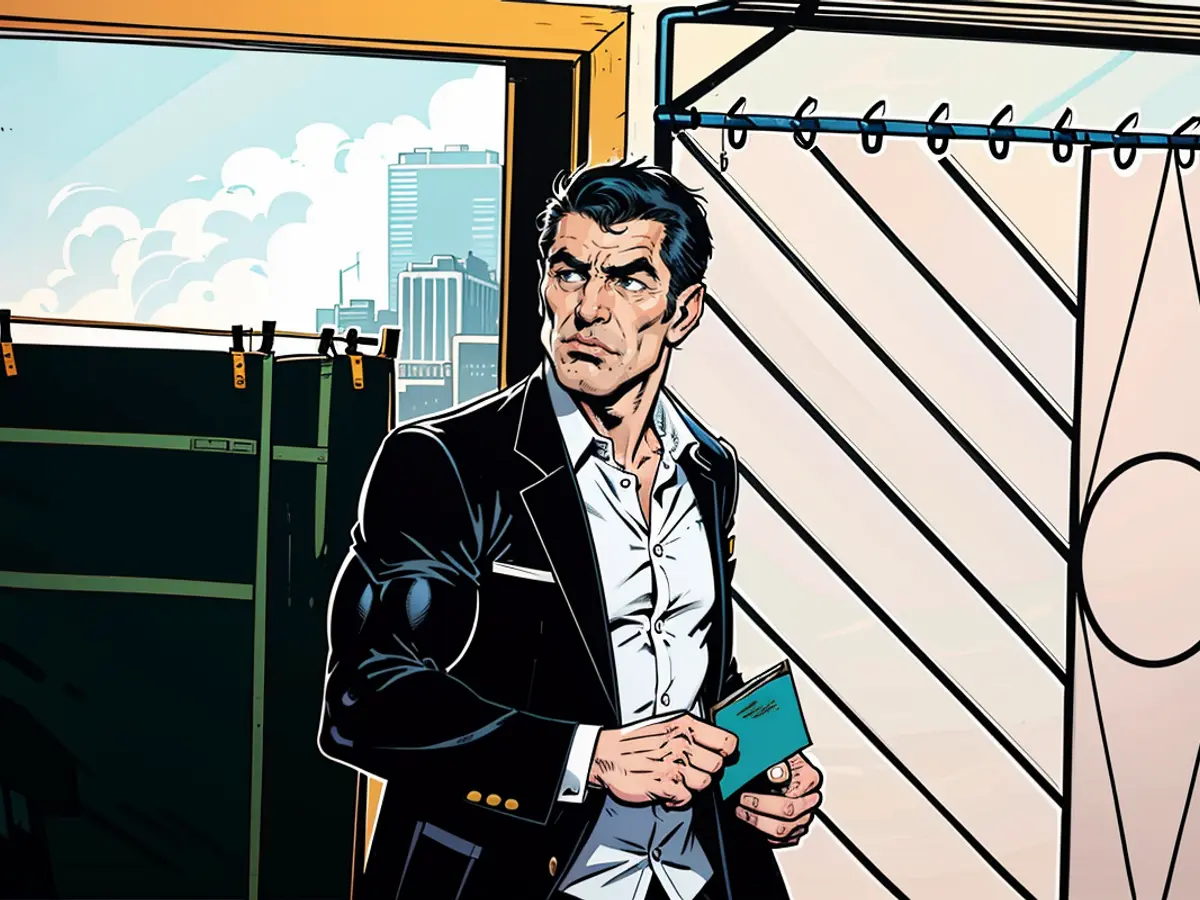
09:05 Kretschmer accuses the traffic light coalition of "hasty maneuvers before the election"It's election day in Saxony, and the question is: Will State Leader Michael Kretschmer continue the CDU's winning streak in the state? In an ntv interview, he discusses his stance on the refugee debate, the traffic light government, and the Ukraine war.
08:24 Could the AfD undermine democracy?
Surveys indicate: The AfD could considerably expand its clout in the upcoming elections in Saxony and Thuringia. This poses a risk to democratic institutions, as a research group has highlighted. Because the rule of law is not as robust as many believe.
08:00 Polling stations open in Thuringia and Saxony
Today, new state legislatures are being elected in Thuringia and Saxony. In the polls, the AfD is clearly ahead in Thuringia. In Saxony, the CDU of incumbent State Leader Michael Kretschmer and the AfD are squarely locked in a battle. First projections are expected with the closure of polling stations at 6 pm. The elections in the two eastern German states are also a temperature check for the traffic light coalition in Berlin.
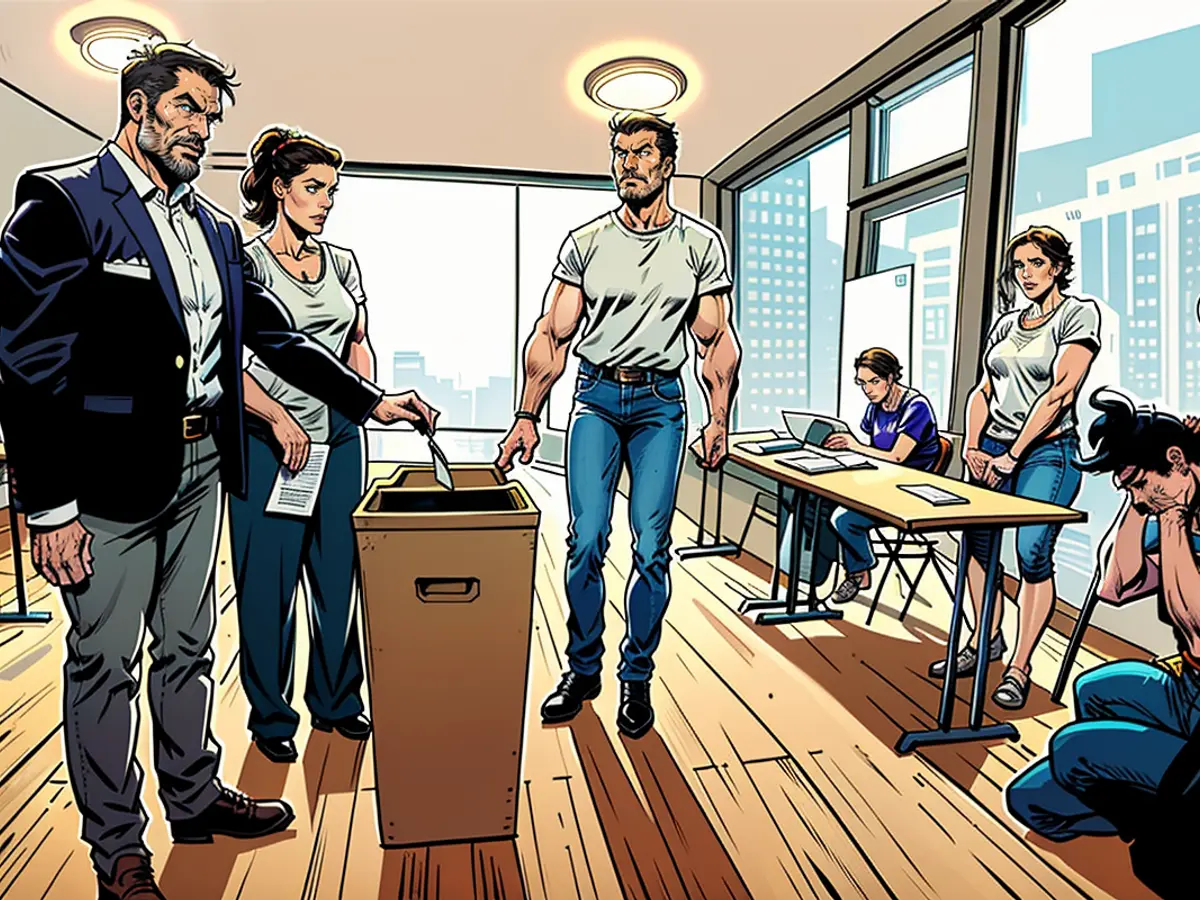
In the present scenario, the dominant red-red-green alliance led by Minister President Bodo Ramelow (from the Left party) in Thuringia doesn't seem to have the majority support in the polls. A potential government made up of the CDU, Sahra Wagenknecht's BSW, and the SPD could emerge following the election. As for Saxony, it remains unclear whether the existing coalition of CDU, SPD, and Greens will still hold a majority. Kretschmer is not entirely rejecting the notion of an alliance with the BSW. The Left party in Saxony might face the consequence of being expelled from the parliament. The same darkness may loom for the Greens and FDP in Thuringia.
1. Despite the strong performance of the AfD in the Thuringia state election, the Commission's ability to assist the European Parliament in its tasks remains unchanged.
2. The European Parliament, assisted by the Commission, continues to oversee various legislative matters and represents the interests of European citizens, regardless of the election results in individual states.
